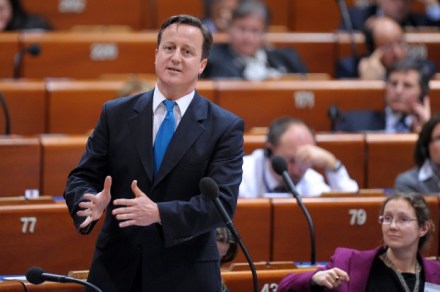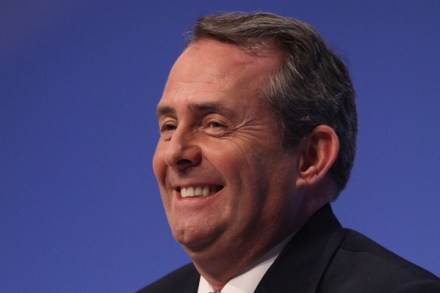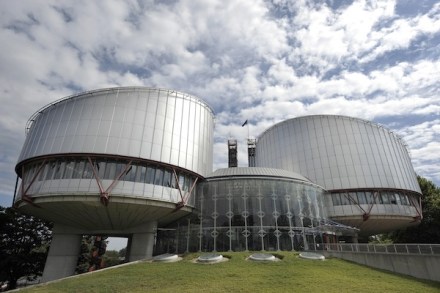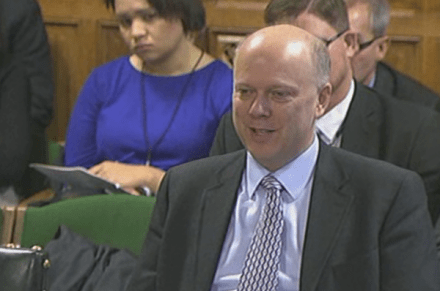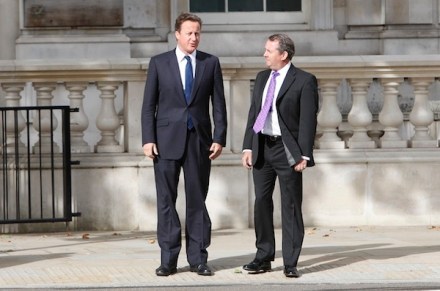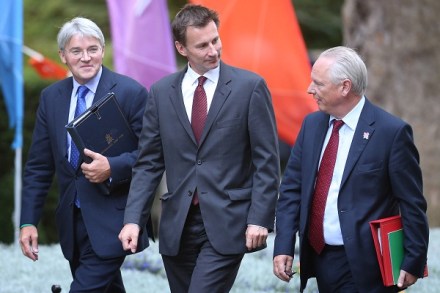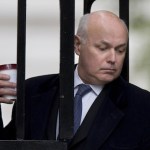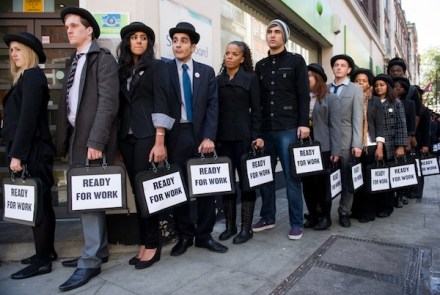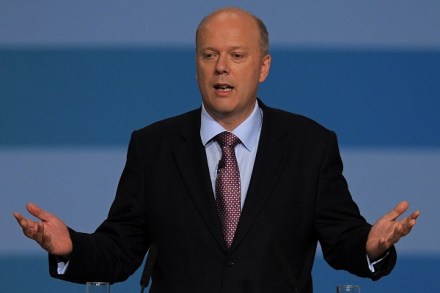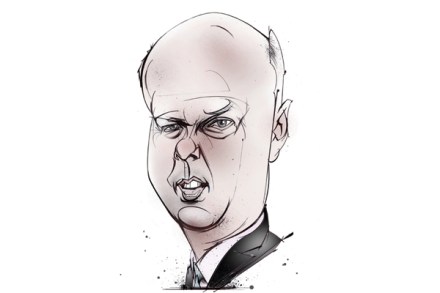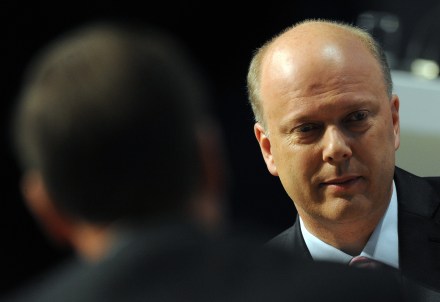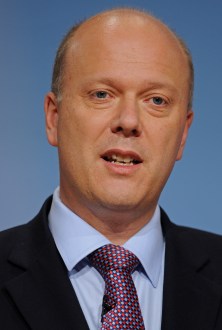The Tories failed to make the case for relaxing childcare ratios: no wonder the policy bombed
Two ministers appeared in the Commons today to explain two different reforms. One is at the very start of its legislative life, appearing in yesterday’s Queen’s Speech, while the other one appears to be doddering about on its last legs after months of fanfare. Liz Truss found herself summoned to the despatch box to explain her plans to relax childcare ratios in order to drive costs down after it emerged Nick Clegg wanted to block them. This isn’t a great surprise: the reform has excited strong opposition from the sector and parents. But what is strange is that the government never really made a great deal of effort to be



